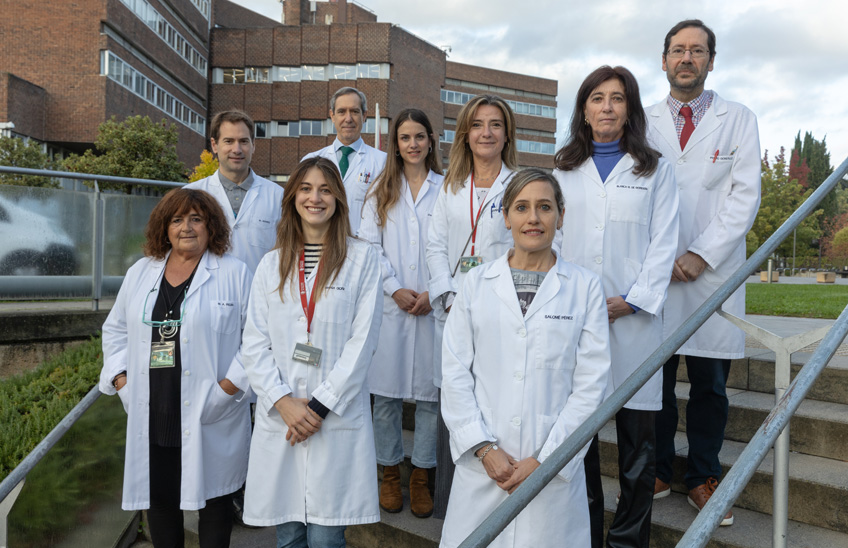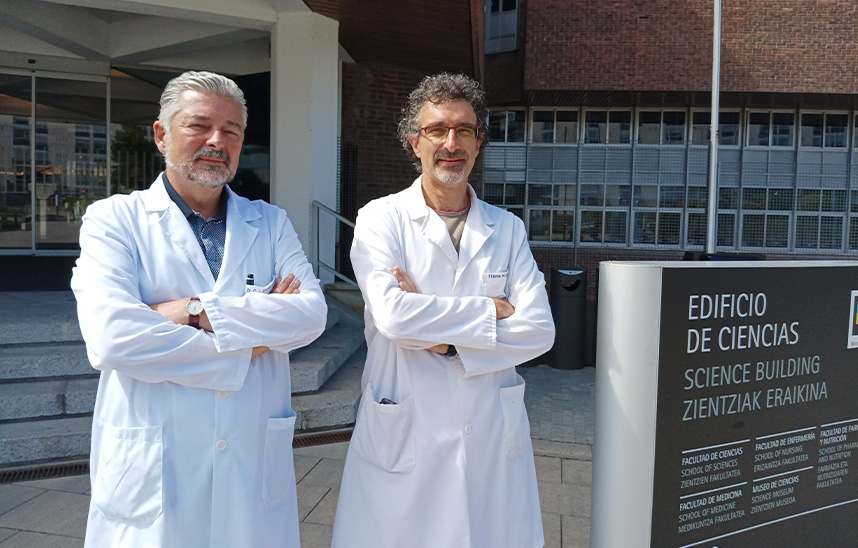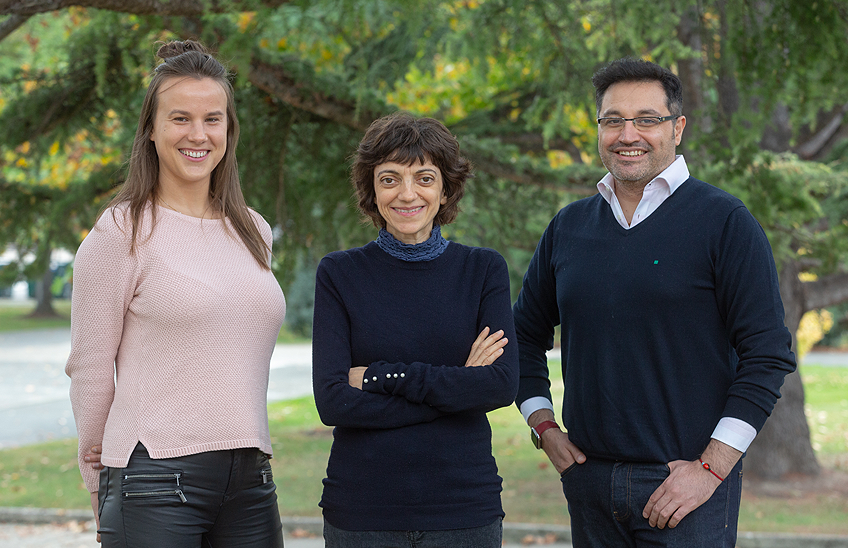Iryna Rachyla, psychologist: "Our digestive health influences the way we think, feel and act".
The University hosted on March 7 the conference of update in Nutrition, which addressed topics such as the microbiota and the role of probiotics or the efficacy of phytotherapeutic products.

FotoManuel Castells<br>/La ponente Iryna Rachyla, Doctora en Psicología Clínica.
15 | 03 | 2024
"Just as factors in our environment such as stress can affect the proper functioning of the digestive system, alterations in digestive health have an impact on the way we feel, think and act". This was stated by psychologist Iryna Rachyla, on the occasion of the conference of update in Nutrition of the University of Navarra, a meeting that brought together, in person and online, more than 950 professionals.
Iryna Rachyla who works at the academic center's research center in Nutrition, explained that the relationship between the brain and the gut is bidirectional. "Digestive symptoms are usually accompanied by biological markers that put the body into 'disease-fighting' mode. For example, in the presence of substances that indicate inflammation, the brain allocates most of the body's resources to fight it, and as result, we will feel less energetic and lower in mood." Another case would be malabsorption of nutrients, which can lead to a shortage of precursors needed to make neurotransmitters: "For example, low levels of serotonin have been linked to depression.
Digestion, according to the psychologist, should be an automatic process, which takes place in the background. "If it becomes noticeable and we have abdominal pain, bloating, excessive gas, constipation, etc., it is a sign that something is wrong.". He also stressed that "less obvious symptoms, such as tiredness, difficulty concentrating, anxiety, irritability, reactivity to stress, etc. can also indicate that this function is not being fulfilled."
Consider different areas of health before prescribing a treatment
Although it is known that there is a connection between the gut and the brain, it is not yet fully understood. "We know about different mechanisms and pathways, but there is still a lot to be discovered," said Iryna Rachyla. She also recalled that mental disorders, as far as is known, have no single cause. "Our digestive health may make us more vulnerable to development certain symptoms, but it will take more to trigger a full clinical picture."
Good digestive health, he added, does not fall entirely on diet either: other factors such as exercise, rest, psychoactive substance use, stress and the quality of our interpersonal relationships all play a role. "Knowing more about how these factors interact and contribute to good health, both physical and mental, can motivate professionals to better explore different areas of their patients' ailments before prescribing one treatment or another."
The psychologist, a specialist in techniques for the promotion of health and wellbeing, focused her intervention on strategies for emotional care aimed at developing and strengthening our "psychological shield" in the face of adversity. In this sense, she pointed out the importance of self-care, understood as "dedicating time to ourselves, to our needs and to doing things that make us feel good, both physically and emotionally".
The conference of update in Nutrition of the University of Navarra is a meeting among professionals to disseminate the latest research on nutrition and food. This year, the XVIII edition, under the degree scroll "Digestive health and nutritional well-being", focused on current issues such as intestinal microbiota and the role of probiotics in digestive pathologies, the efficacy and safety of phytotherapeutic products in different digestive conditions, dietary advice, culinary skills and exercise.



